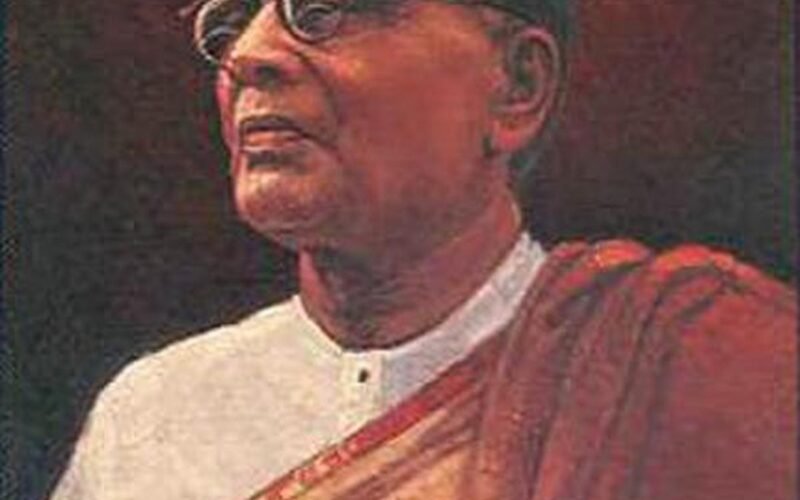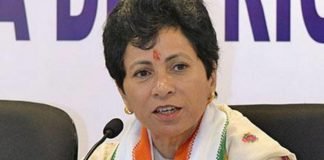Tanguturi Prakasam Pantulu Biography: Full Name, Date of Birth. Date of Death. Profession, Early Life, Education and Early Career, Legal Studies in England.
Full Name: Tanguturi Prakasam Pantulu
Date of Birth: 23 August 1872
Date of Death: 20 May 1957
Profession: Jurist, Political Leader, Social Reformer, Anti-Colonial Nationalist
Early Life
Tanguturi Prakasam Pantulu, popularly known as Prakasam Pantulu, was born into a Telugu-speaking Aruvela Niyogi Brahmin family in Vinodarayunipalem, near Ongole in the Madras Presidency (now Prakasam district, Andhra Pradesh). His parents were Subbamma and Gopalakrishnayya. At the age of 11, he lost his father, leading his mother to run a boarding house in Ongole, a profession that faced social stigma.
Education and Early Career
Prakasam’s education took a significant turn when his teacher, E. Hanumantha Rao, relocated to Rajamahendravaram and brought Prakasam along for better educational opportunities. Despite failing his matriculation exams, Prakasam pursued a career in law, becoming a second-grade pleader in Madras. His persistence led him to a successful legal career, and he was elected as the Municipal Chairman of Rajamahendravaram in 1904. His education was supported by Zamindar Kanchumarthi Ramachandra Rao, who played a crucial role in his early career.
Legal Studies in England
During a visit to Madras, a barrister recommended that Prakasam pursue further legal studies in England. Determined, he traveled to England in 1904, overcoming societal norms against crossing seas. Prakasam promised his mother to abstain from non-vegetarian food, smoking, and drinking. In England, he joined the Royal India Society and worked for Dadabhai Naoroji’s election to the House of Commons.
Legal Career and Public Service
After completing his barrister course with honors, Prakasam returned to India and practiced law in Madras High Court. As one of the few successful Telugu barristers, he handled significant civil and criminal cases, including the Ashe murder case. He edited Law Times, a legal magazine, and became involved in Congress Party sessions and the independence movement.
Contributions to Indian Independence
Prakasam Pantulu earned the title “Andhra Kesari” (Lion of Andhra) for his courageous stand against the Simon Commission. During a demonstration in Madras in 1928, he defied British soldiers and faced potential violence with remarkable bravery. His leadership continued as he organized protests, supported the non-cooperation movement, and became influential in Indian politics.
Leadership and Political Career
In 1937, the Congress Party won a majority in the Madras province elections. Although Prakasam was a candidate for Prime Minister, he supported Rajagopalachari (Rajaji) for the role and served as Revenue Minister instead. He was instrumental in founding the Zamindari Enquiry Committee, which investigated the adverse effects of the Zamindari system on agriculture.
Participation in the Quit India Movement
During the Quit India Movement of 1942, Prakasam was arrested and imprisoned for over three years. Following his release in 1945, he traveled across South India to reconnect with the masses and continue his advocacy for independence.
Legacy and Recognition
Prakasam Pantulu’s contributions to India’s independence and his role in shaping the political landscape of Andhra Pradesh are widely recognized. His courage and dedication to social justice have left a lasting legacy, and his birth anniversary is commemorated with a state holiday in Andhra Pradesh, as declared by the Andhra Pradesh government in G.O RT-2500 on 10 August 2014.







